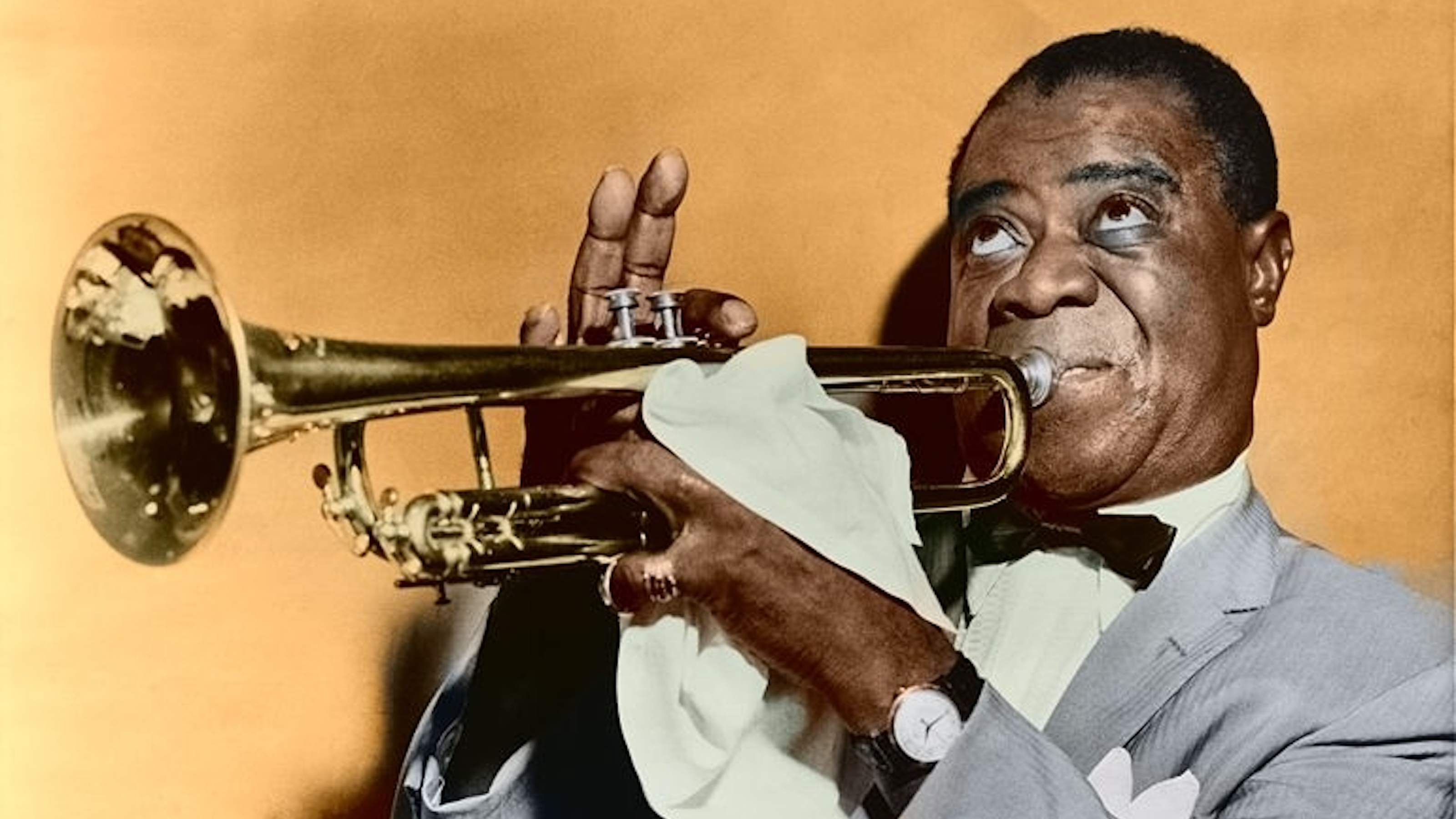That formulation is too dramatic.
David Frum: Whenever I hear that formula I think of a story my father-in-law tells. When my brother-in-law was a young boy, my father-in-law was summoned to the elementary school, and the teacher said, "Mr. Worthington, we're very worried about your son, Casey. We want to show you some of his art work."
And the first picture is planes and tanks and fighter bombers and explosions everywhere and it's labeled War World I. And then underneath that there's a second one, and it's the same kind of scene and it's labeled World War II.
And my father-in-law says, "Well, he's drawing World War I and World War II."
And the teacher says, "Mr. Worthington, just a moment," and flips it over and there's World War III, World War IV, World War V, World War VI, all the way, I think, through World War XI. And the teacher said, "What do you make of this?" and my father-in-law said, "Casey's an optimist?"
I don't like the World War IV formulation [in the book World War IV: The Long Struggle Against Islamofascism by Norman Podhoretz], I think it's too dramatic, and I think it both overstates and understates. It offers you a vision of a much more explosive level of violence than we face with this threat from Islamic extremism where the most remarkable thing over the past half dozen years [i.e. 2002 to 2008] is how this threat has really been contained.
With every passing year the terrorists plots we discover are less sophisticated, less capable, how the terrorists are being forced in upon themselves, prevented from communicating.
And we are never going to be immune to the lone nut Virginia Tech person who glorifies himself by imposing suffering on others. But you can prevent him from finding associates. And we're getting better and better at that.
At the same time, I don't like it because it also understates what is expected of people, just how chronic and difficult this problem is going to be. We have, what is it, usually estimated a billion, or a little more than a billion, in the Islamic world, probably about a fifth of them are to some degree sympathetic to these radical ideas, are open to this kind of violence, maybe only a tiny fraction would actually do it themselves, but they're open to it.
That is a big chronic problem that is going to really shape the policies of the 21st century and there's not going to be some parade day where that problem goes away.
And holding out that hope and making it seem like this is a three-year problem or a four-year problem or something within the scope of war, I think is not a healthy or helpful way to talk.
Question: How do we engage the 1/5 you say is open to violent ideas?
David Frum: Well, in the end the solutions really aren't up to us. The Islamic world is in the midst of attempting to make the transition to a more modern way of life, depending on whether they're successful or not; and this trend towards extremism and violence is a product of that transition.
In some ways, terrorism is one way that some people in the Islamic world try to become modern. They develop this new ideology that goes as much to Franz Phenault as it does to the Koran.
So we have to take protective measures. We certainly want to promote economic development; we want to keep deadly weapons out of the hands of states and groups; we want to promote the spread of democratic ideas because you want to give people better instruments for expressing their grievances. But in the end, this is going to be their decision.
And it's not fated that every group of people make a successful transition from poverty to prosperity. Sometimes you get stuck and you get stuck for a long time. Societies can fail for a long time. Look at China, probably one of the most advanced societies in the world in the 1450s, and then it gets stuck in stagnation and internal violence and has these terrible bloodlettings in the middle of the 19th century, the 1860s, and then again in the 1900s. And you can just get stuck and that may be the fate of part of the world, and our ability to make a difference there, not zero, but not overwhelming either.
Recorded on: May 5 2008





